Meet Kevin Tenorio: A Resilient UM Graduate Student
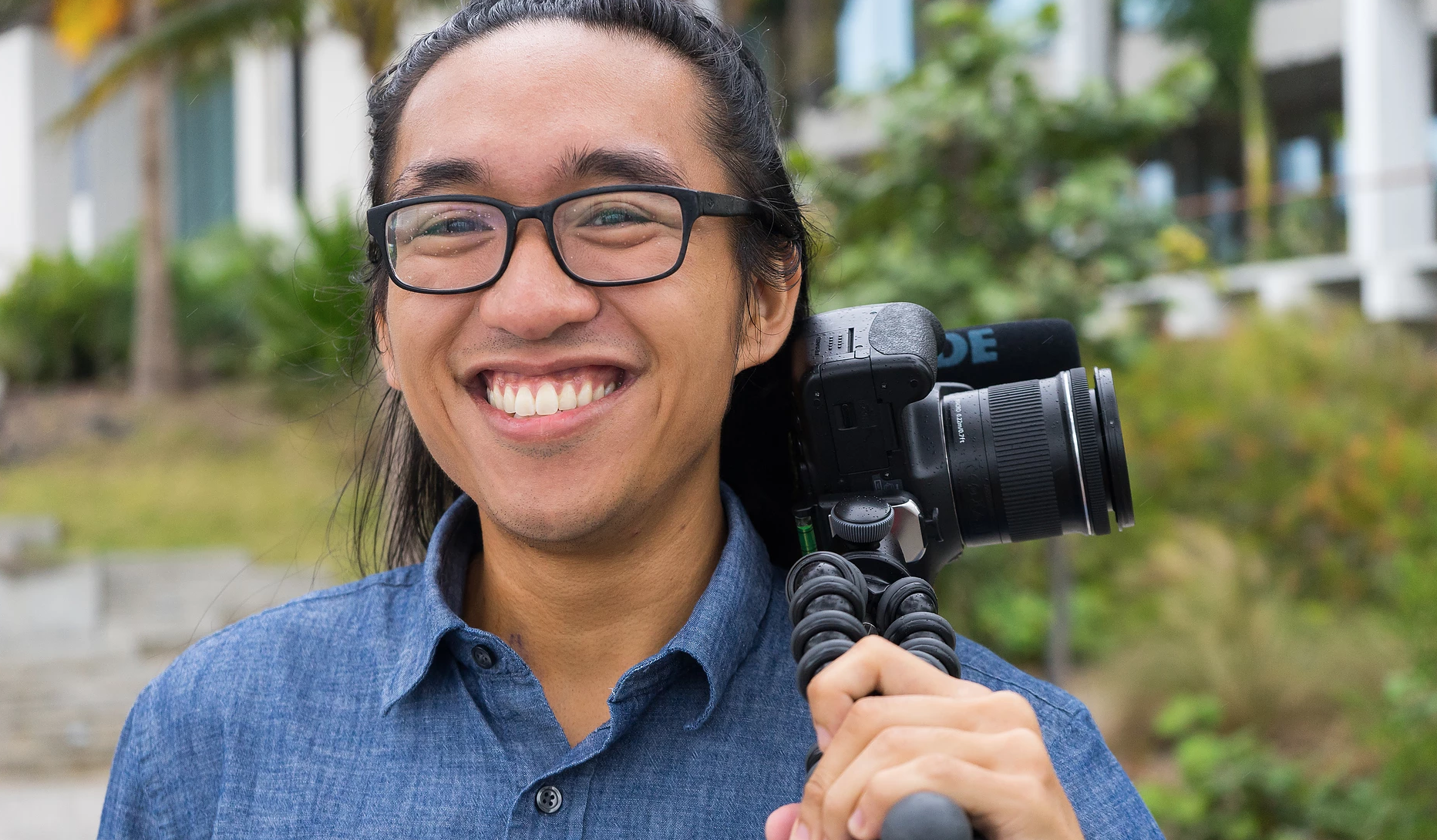
By Amanda Torres
Around this time last year, Kevin Angelo Tenorio, a two-time University of Miami graduate student and health and fitness enthusiast, was wrapping up his semester in the Master of Public Administration program at UM, working as a graduate research assistant and personal trainer, and getting ready to go on his second trip of the year to the Philippines in December.
But November and December of 2017 were different than usual for Tenorio – while he was his same active self, he developed an unusual sensation when he would consume certain foods and drinks, to which he inferred was acid reflux or heartburn. While it did not happen consistently at the time, this led him to pay urgent care a visit in December, right before his trip to the Philippines. Tenorio ideally hoped that this would solve the problem.
“When I went to the Philippines in December, I took my medication with me, but it started to get worse. Now, it started to happen every single time I ate something,” Tenorio recalled. “And then two weeks before returning back in January, I noticed that the acid reflux went from lasting seconds to two to three minutes. I knew that it wasn’t a good sign and that I needed to see someone.”
And so, he did, but before delving into the problem, it is important to note important facts on Tenorio.
While he was born and raised in Milwaukee, Tenorio was raised with strong Filipino roots and can speak the Flipino (Tagalog) language fluently. Both of his parents, Angelito and Belinda, were born in the Philippines and migrated to the United States in 1989.
Tenorio was raised with two brothers and a sister, Angelito, Charles, and Anbel, and had a vast education. He attended elementary and grade school at Blessed Sacrament and St. Matthias Parochial School in Milwaukee, completed further study at Lipa Montessori of Learning in Lipa City, Batangas, Philippines, and attended high school in Milwaukee at Marquette University High School.
Tenorio graduated from Loyola University Maryland in 2014 and went on to UM to complete a Master of Public Health, in which he graduated from in December 2016. Thereafter, Tenorio began the UM Master of Public Administration program.
Given his diverse cultural and educational background, Tenorio knew that he was destined to work and serve in the public sector.
This desire strengthened during his trips to the Philippines in 2017. While it is a tropical hotspot that thrives on tourism, he recalled witnessing the hard reality in terms of health care, infrastructure, low wages, and more, while living with family and friends.
“I wanted to work two to three years in the U.S. and return to create my own foundation and work with the Filipino people to improve their quality of life,” Tenorio recalled.
Upon his return from the Philippines in January, Tenorio hoped to keep this plan, return to school and continue living his active lifestyle. But before all of that, Tenorio’s first priority was to see a specialist to figure out the cause of the persisting acid reflux.
After undergoing various upper endoscopies, doctors called Tenorio with the news that would change the trajectory for the rest of 2018.
“Unfortunately, I was diagnosed with Stage IV gastroesophageal junction adenocarcinoma,” Tenorio said. “It is cancer between the esophagus and stomach.”
So, instead of going back to Miami to resume his studies and part-time jobs, Tenorio stayed in Milwaukee with his family, where he got a port for chemotherapy placed and started his treatment plan.
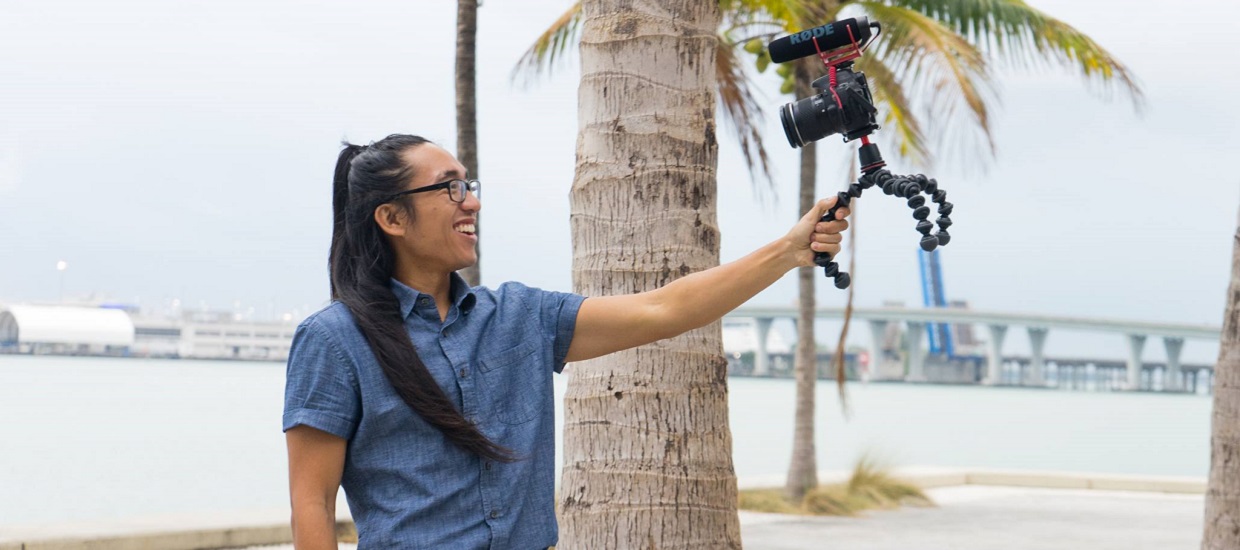
During this time, Tenorio started a YouTube channel called “I Am Kevin Angelo” to share his journey with cancer with his family, friends, and the public. The channel includes vlogs that chronicle his medical updates, the moment when he broke the news to his family and friends, as well moments spent with family and friends, and trips that he took to Miami, Los Angeles and Chicago. In the medical update vlogs, it is easy to notice that Tenorio has the ability to bring light even in the toughest of situations. His bright smile, humor, and positive nature are unmistakable.
“Cancer has this strong perception of being an impossible battle that can sometimes be seen as lonesome. It does that. But the way I’m going about it, it does not need to be,” Tenorio said. “Throughout my hashtags, comments and posts, I add #SquadUp and the reason why I do that is because one of the biggest things is that cancer does not need to be fought alone. It can be done with a whole squad of people and that’s exactly what I tend to do. To raise awareness and to tell people that cancer does not need to look or seem daunting or impossible because we’re all in this together.”
On his channel, Tenorio has 613 subscribers who have followed his journey since he first posted in February. While his most recent post was in July, Tenorio has been busy working on several projects.
Since then, Tenorio has been focused on completing his second master’s degree, the newly founded Tenorio Foundation, and continuing his cancer treatment.
In September, he decided that he would start the foundation that he envisioned he would eventually create upon returning from his trips to the Philippines.
“My foundation’s mission is to increase access to healthcare and equitable healthcare delivery. There are several institutions in the Philippines and private healthcare clinics that offer an array of services, but often times, they are either too specialized or too expensive, thus, inaccessible,” Tenorio said. “I want to be able to offer cheap, and sometimes free, general healthcare services to the Filipino people. It is well known that a cheap upfront investment now can prevent a multitude of burden in the future.”
In regards to his health, Tenorio has had to switch his treatment plan from chemotherapy to immunotherapy, as his cancer has become resistant to most forms of chemotherapy.
“I have actually regressed. I have gone through two cycles of immunotherapy and it does not feel like it has gotten worse, but I do not feel like it has gotten better,” Tenorio said. “It may be too early to tell since the oncologist says it usually takes two to three cycles to experience any progress.
While his journey with cancer is not over, family, friends, and colleagues are all rooting for him.
“In unity and in solidarity, things are just not so bad anymore,” Tenorio said.
On Dec. 13, Tenorio graduated with a Master’s of Public Administration and in the coming months, he will continue focusing on his treatment and working on his foundation.



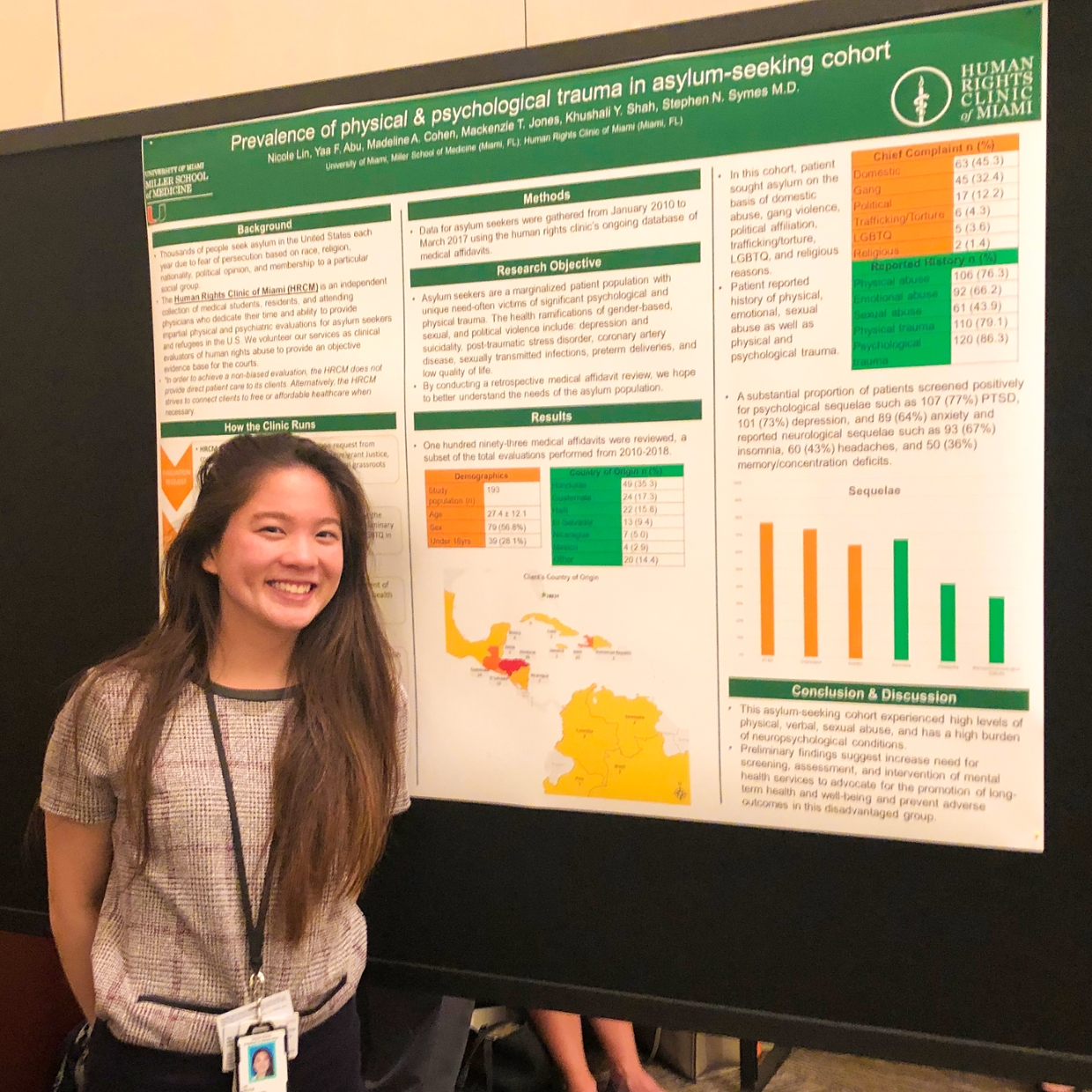 Nicole Lin, a third-year MD/MPH candidate at the University of Miami Miller School of Medicine, won
Nicole Lin, a third-year MD/MPH candidate at the University of Miami Miller School of Medicine, won 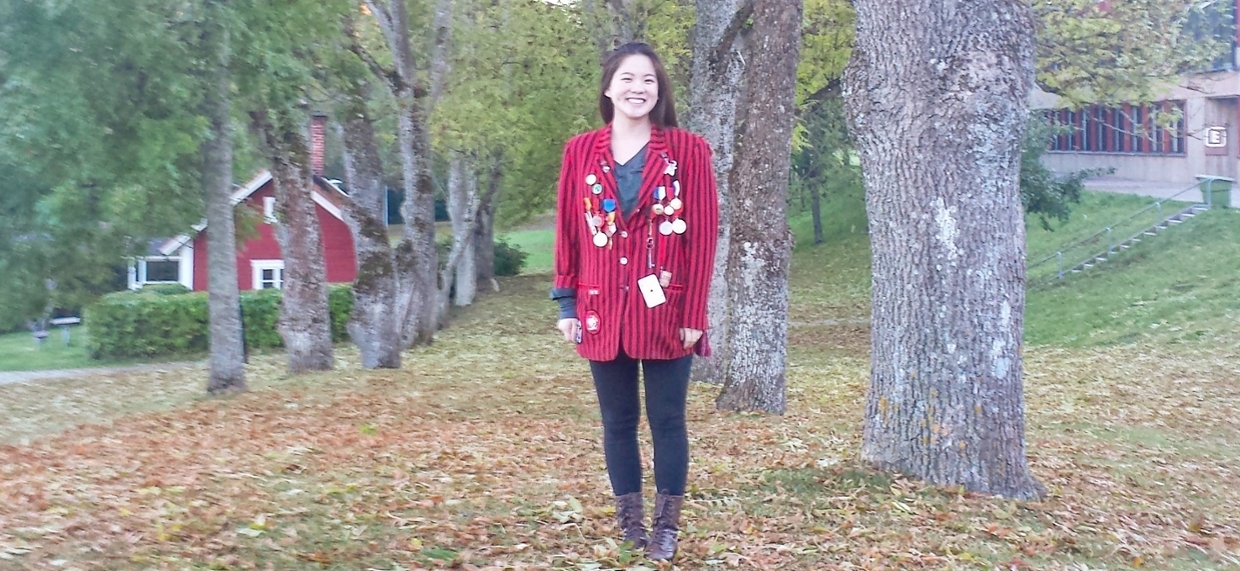
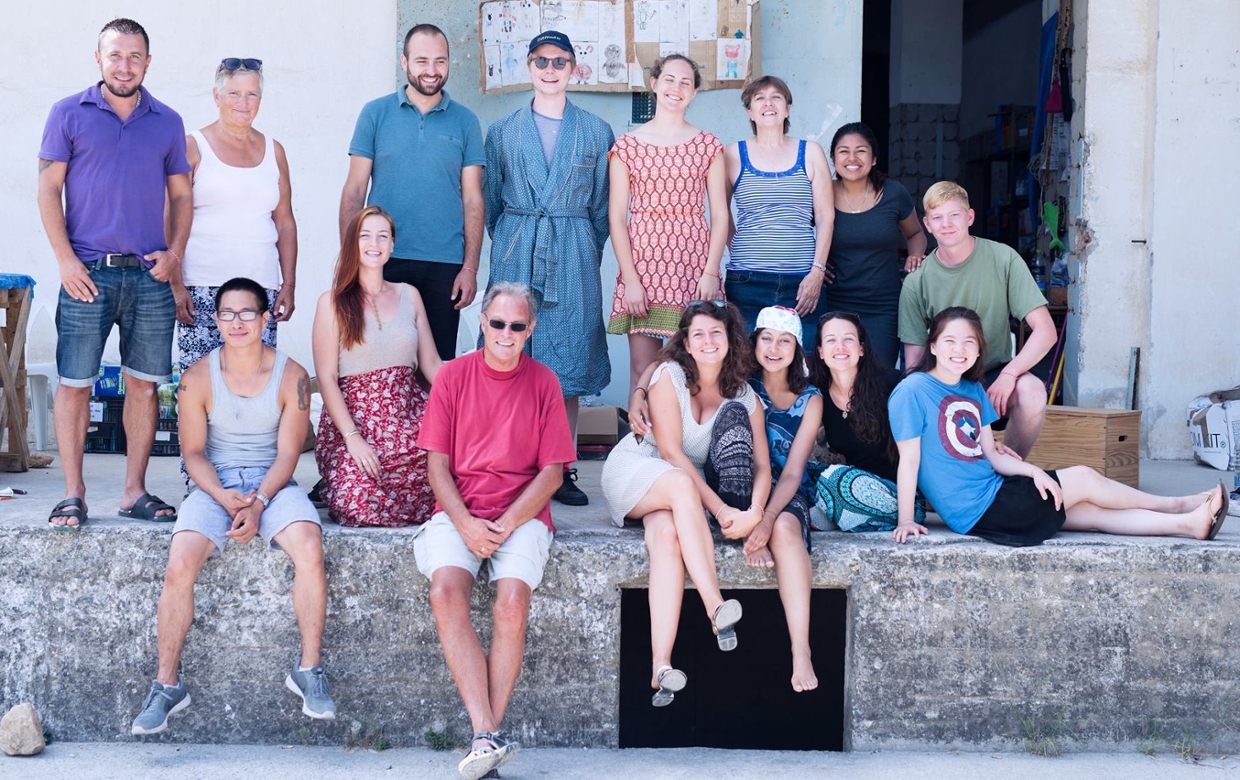
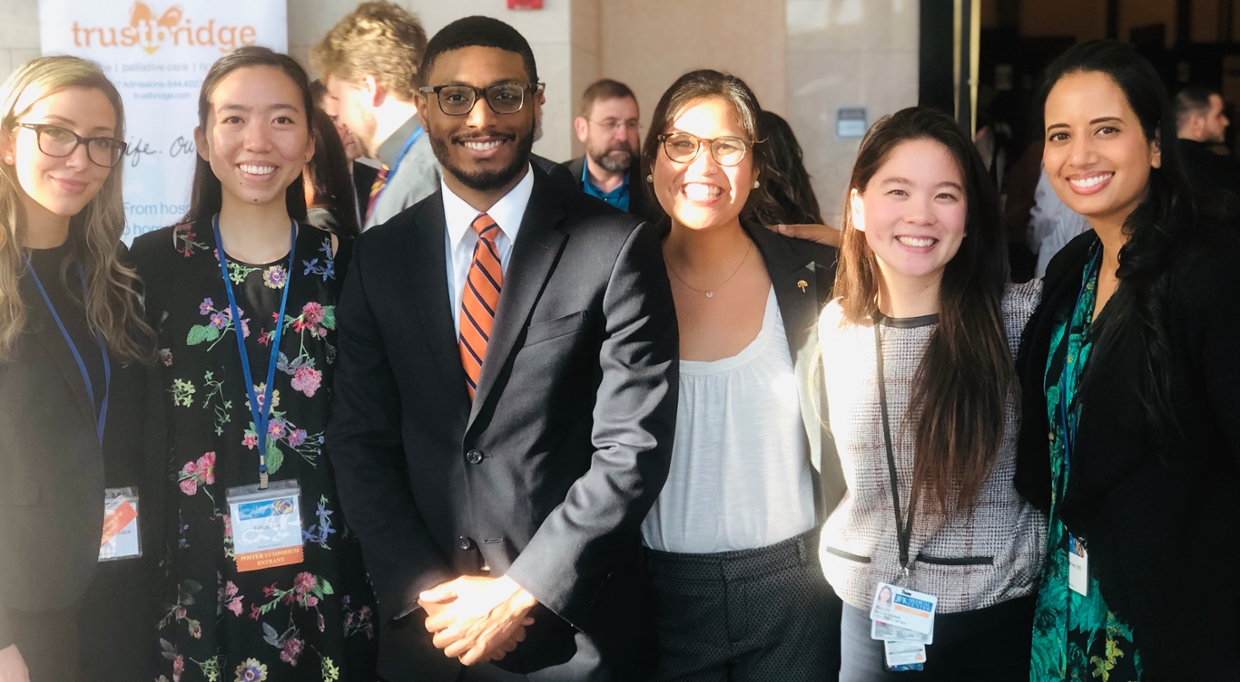
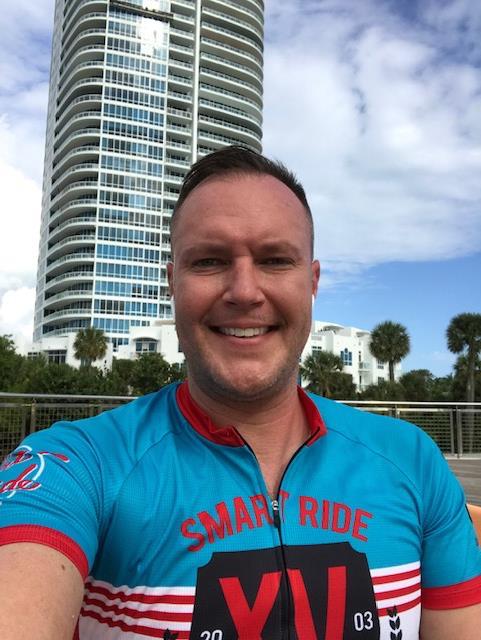 The SMART Ride (Southern Most AIDS/HIV Ride), a two-day, 165-mile bike ride from Miami to Key West, took place on November 15th and 16th for its fifteenth year.
The SMART Ride (Southern Most AIDS/HIV Ride), a two-day, 165-mile bike ride from Miami to Key West, took place on November 15th and 16th for its fifteenth year. 

